2026 – Leinster Minor Football League | vs Laois
Cork Minor Footballers in Action This Saturday in Páirc Uí Rinn The Cork Minor Football Squad continue their Leinster Minor Football League campaign this Saturday, 14th February, with a home ...

 Rockchapel
Rockchapel
 Aghada
Aghada
 Argideen Rangers
Argideen Rangers
 Carrigaline
Carrigaline
 Béal Átha'n Ghaorthaidh
Béal Átha'n Ghaorthaidh
 Kinsale
Kinsale
 Inniscarra
Inniscarra
 St James
St James
 Ballygarvan
Ballygarvan
 St Finbarrs
St Finbarrs
 Carbery Rangers
Carbery Rangers
 Cill na Martra
Cill na Martra
 Eire Og
Eire Og
 Nemo Rangers
Nemo Rangers
 O Donovan Rossa
O Donovan Rossa
 St Michaels
St Michaels
 Valley Rovers
Valley Rovers
 Bishopstown
Bishopstown
 Kilshannig
Kilshannig
 Naomh Aban
Naomh Aban
 Gabriel Rangers
Gabriel Rangers
 Ballydesmond
Ballydesmond
 Mitchelstown
Mitchelstown
 Bantry Blues
Bantry Blues
 Dromtarriffe
Dromtarriffe
.jpeg) Kilmacabea
Kilmacabea
 Castlemagner
Castlemagner
 Sarsfields
Sarsfields
 Ballygiblin
Ballygiblin
 Ballyhea
Ballyhea
 Blackrock
Blackrock
 Glen Rovers
Glen Rovers
 Kilbrittain
Kilbrittain
 Passage West
Passage West
 Sarsfields
Sarsfields
 St Finbarrs
St Finbarrs.png)
 Youghal
Youghal
 Aghada
Aghada
 Ballinascarthy
Ballinascarthy
 Ballymartle
Ballymartle
 Charleville
Charleville
 Cloughduv
Cloughduv
 Courcey Rovers
Courcey Rovers
 Eire Og
Eire Og
 Inniscarra
Inniscarra
 Kanturk
Kanturk
 Kilshannig
Kilshannig
 Mallow
Mallow
 Midleton
Midleton
.png) Milford
Milford
 Newtownshandrum
Newtownshandrum
 St Catherines
St Catherines
 St Finbarrs
St Finbarrs
 Tracton
Tracton
 Bride Rovers
Bride Rovers
 Na Piarsaigh
Na Piarsaigh
 St Finbarrs
St Finbarrs
 Nemo Rangers
Nemo Rangers
 Mayfield
Mayfield
 Ballincollig
Ballincollig
 Kildorrery
Kildorrery
 Cill na Martra
Cill na Martra
 Douglas
Douglas
 Knocknagree
Knocknagree
 Newcestown
Newcestown
 Clyda Rovers
Clyda Rovers
 Castletownbere
Castletownbere
 Dohenys
Dohenys
 Uibh Laoire
Uibh Laoire
 Aghabullogue
Aghabullogue
 Fermoy
Fermoy
 Kanturk
Kanturk
 Mallow
Mallow
 Macroom
Macroom
 Ilen Rovers
Ilen Rovers
 Millstreet
Millstreet
 St Nicks
St Nicks
 St Vincents
St Vincents
 Cullen
Cullen
 Na Piarsaigh
Na Piarsaigh.jpeg)
 Cobh
Cobh
 Donoughmore
Donoughmore
 Passage West
Passage West
 Nemo Rangers
Nemo Rangers
 Blackrock
Blackrock
 Erins Own
Erins Own
 Kinsale
Kinsale
 Midleton
Midleton
 Na Piarsaigh
Na Piarsaigh
 Sarsfields
Sarsfields
 St Finbarrs
St Finbarrs
 Kildorrery
Kildorrery
 Blarney
Blarney
.png) Carraig na bhFear
Carraig na bhFear
 Castlelyons
Castlelyons
 Castlemartyr
Castlemartyr
 Douglas
Douglas
 Dungourney
Dungourney
 Fr O Neills
Fr O Neills
 Glen Rovers
Glen Rovers
 Inniscarra
Inniscarra
 Kanturk
Kanturk
 Kilbrittain
Kilbrittain
 Killavullen
Killavullen
 Midleton
Midleton
 Newcestown
Newcestown
 Passage West
Passage West
 Russell Rovers
Russell Rovers
 Sarsfields
Sarsfields
 Valley Rovers
Valley Rovers
 Watergrasshill
Watergrasshill
 Youghal
Youghal.png)
 Carrigaline
Carrigaline
 Na Piarsaigh
Na Piarsaigh
 Nemo Rangers
Nemo Rangers
 Inniscarra
Inniscarra
 Bishopstown
Bishopstown
 Kilshannig
Kilshannig
 Gabriel Rangers
Gabriel Rangers
 Nemo Rangers
Nemo Rangers
 Glenville
Glenville
 Carbery Rangers
Carbery Rangers
 Carbery Rangers
Carbery Rangers
 Castlehaven
Castlehaven
 Clonakilty
Clonakilty
 Carrigaline
Carrigaline
 Castletownbere
Castletownbere
 St Michaels
St Michaels
 Valley Rovers
Valley Rovers
 Aghabullogue
Aghabullogue
 Rockchapel
Rockchapel
 Ballinora
Ballinora
 Ballydesmond
Ballydesmond
 Bantry Blues
Bantry Blues
 Mitchelstown
Mitchelstown
 Dromtarriffe
Dromtarriffe
.jpeg) Kilmacabea
Kilmacabea
 Na Piarsaigh
Na Piarsaigh
 Ballygarvan
Ballygarvan
 Castlemagner
Castlemagner
 Bride Rovers
Bride Rovers
 Aghabullogue
Aghabullogue
 Courcey Rovers
Courcey Rovers
 Argideen Rangers
Argideen Rangers
 Ballincollig
Ballincollig
 Mallow
Mallow
 St Catherines
St Catherines
 Ballinascarthy
Ballinascarthy
 Ballygarvan
Ballygarvan
 Ballygiblin
Ballygiblin
 Barryroe
Barryroe
 Douglas
Douglas
 Glen Rovers
Glen Rovers
 Kilshannig
Kilshannig
 Bandon
Bandon
 Ballinhassig
Ballinhassig
 Ballinora
Ballinora.png)
 Ballymartle
Ballymartle
 Bishopstown
Bishopstown
 Blackrock
Blackrock
 Carrigtwohill
Carrigtwohill
 Charleville
Charleville
 Cloyne
Cloyne
 Erins Own
Erins Own
.png) Milford
Milford
 Newtownshandrum
Newtownshandrum
 St Finbarrs
St Finbarrs
 Tracton
Tracton
 Macroom
Macroom
 Kildorrery
Kildorrery
 Passage West
Passage West
 Cill na Martra
Cill na Martra
 Clonakilty
Clonakilty
 Douglas
Douglas
 Knocknagree
Knocknagree
 Newcestown
Newcestown
 Ballincollig
Ballincollig
 Clyda Rovers
Clyda Rovers
 Dohenys
Dohenys
 O Donovan Rossa
O Donovan Rossa
 Uibh Laoire
Uibh Laoire
 Fermoy
Fermoy
 Mallow
Mallow
 Naomh Aban
Naomh Aban
 Newmarket
Newmarket
 Kiskeam
Kiskeam
 Canovee
Canovee
 Ilen Rovers
Ilen Rovers
 Millstreet
Millstreet
 St Nicks
St Nicks
 St Vincents
St Vincents
 Aghinagh
Aghinagh
 Argideen Rangers
Argideen Rangers
 Cobh
Cobh.jpeg)
 Donoughmore
Donoughmore
 Mayfield
Mayfield
 St James
St James
 Nemo Rangers
Nemo Rangers
Visit our Cork GAA subpages to learn more about Rebels’ Bounty, our Sustainability initiatives, Cork Referees and the One Cork programme.
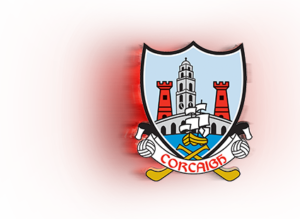

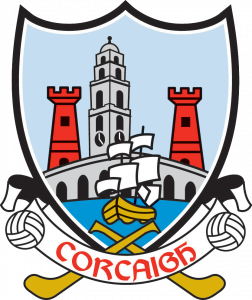
SuperValu Páirc Uí Chaoimh, The Marina, Ballintemple, Cork.
Phone: 021-4963311
Email: administrator.cork@gaa.ie

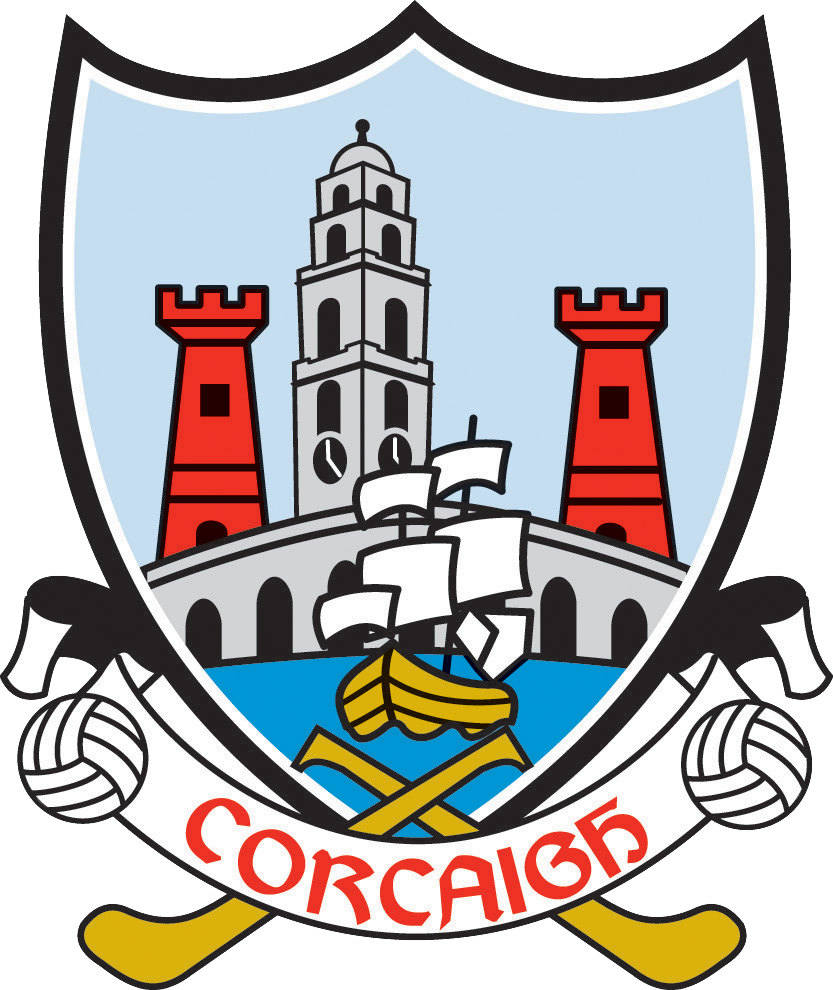


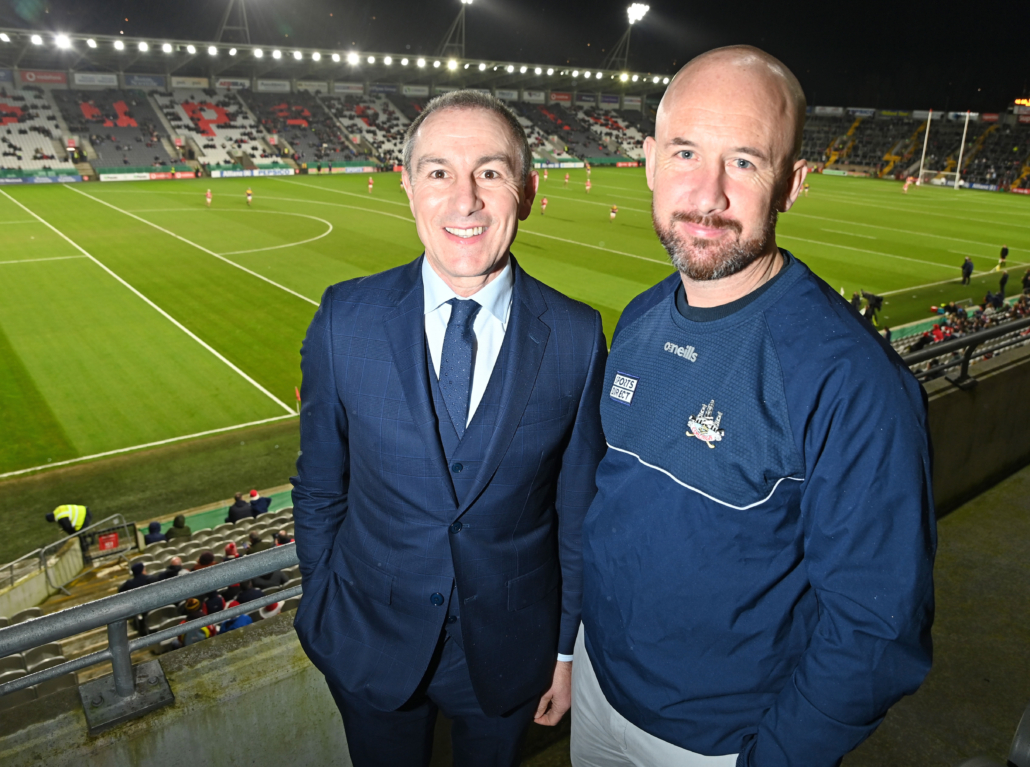
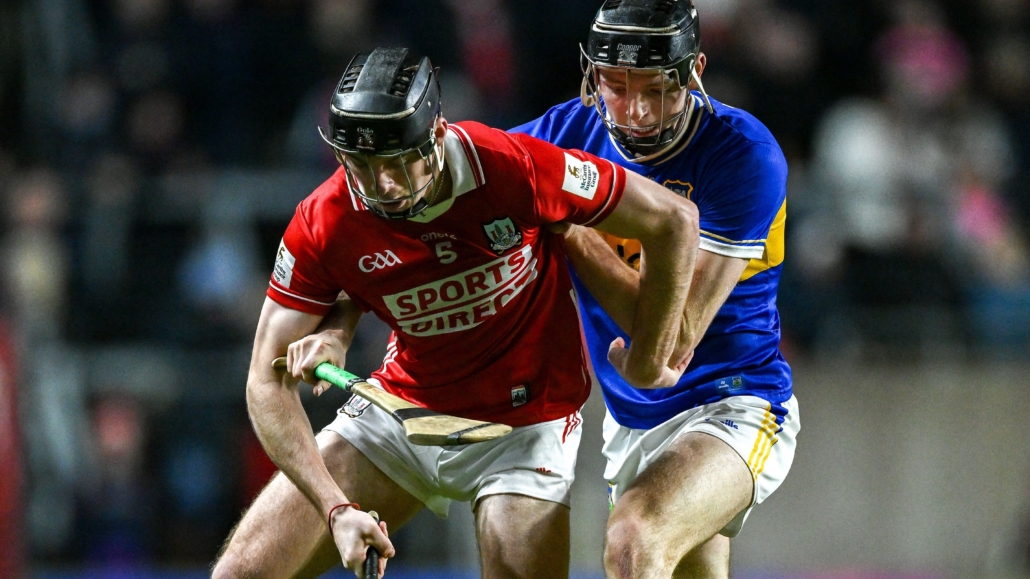
social media feeds